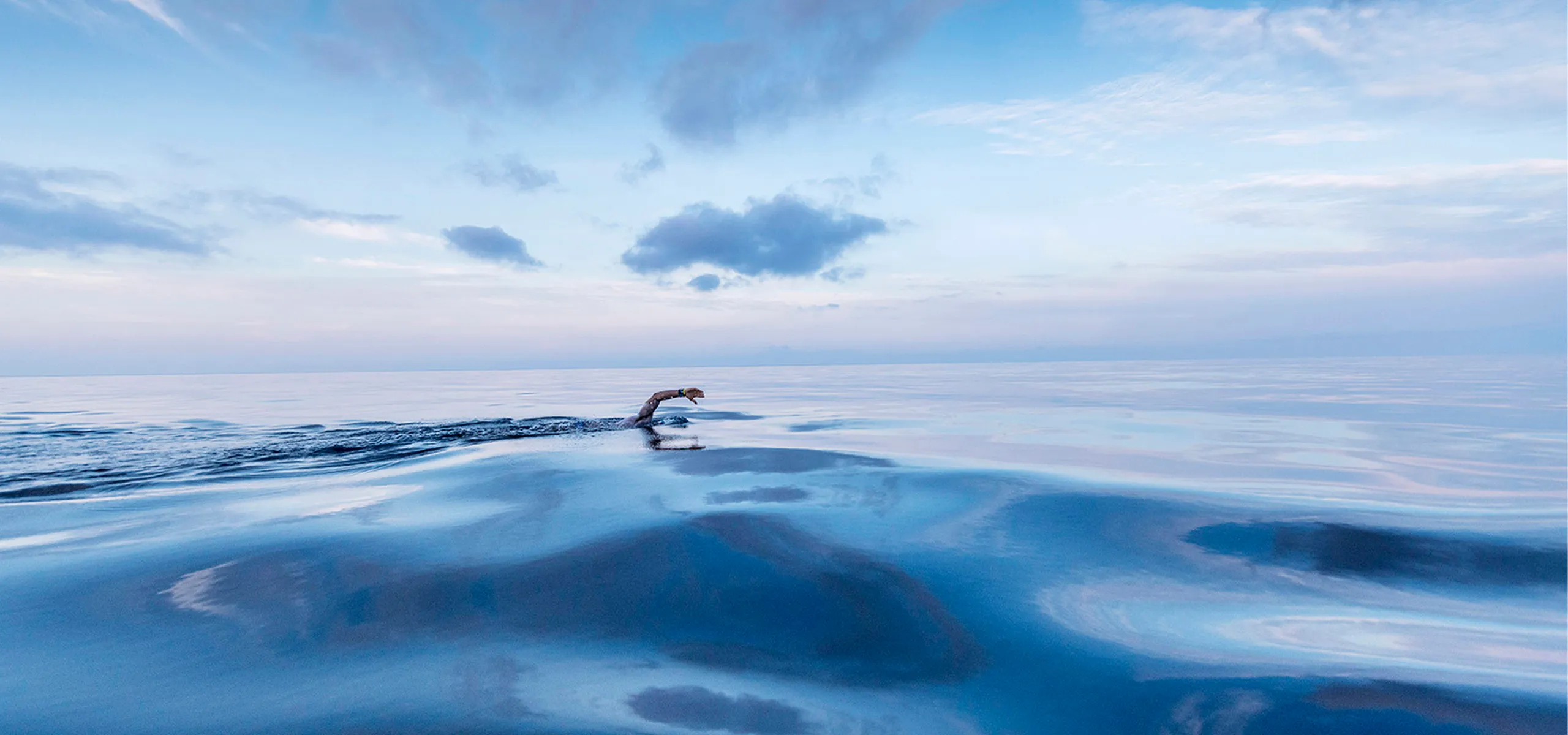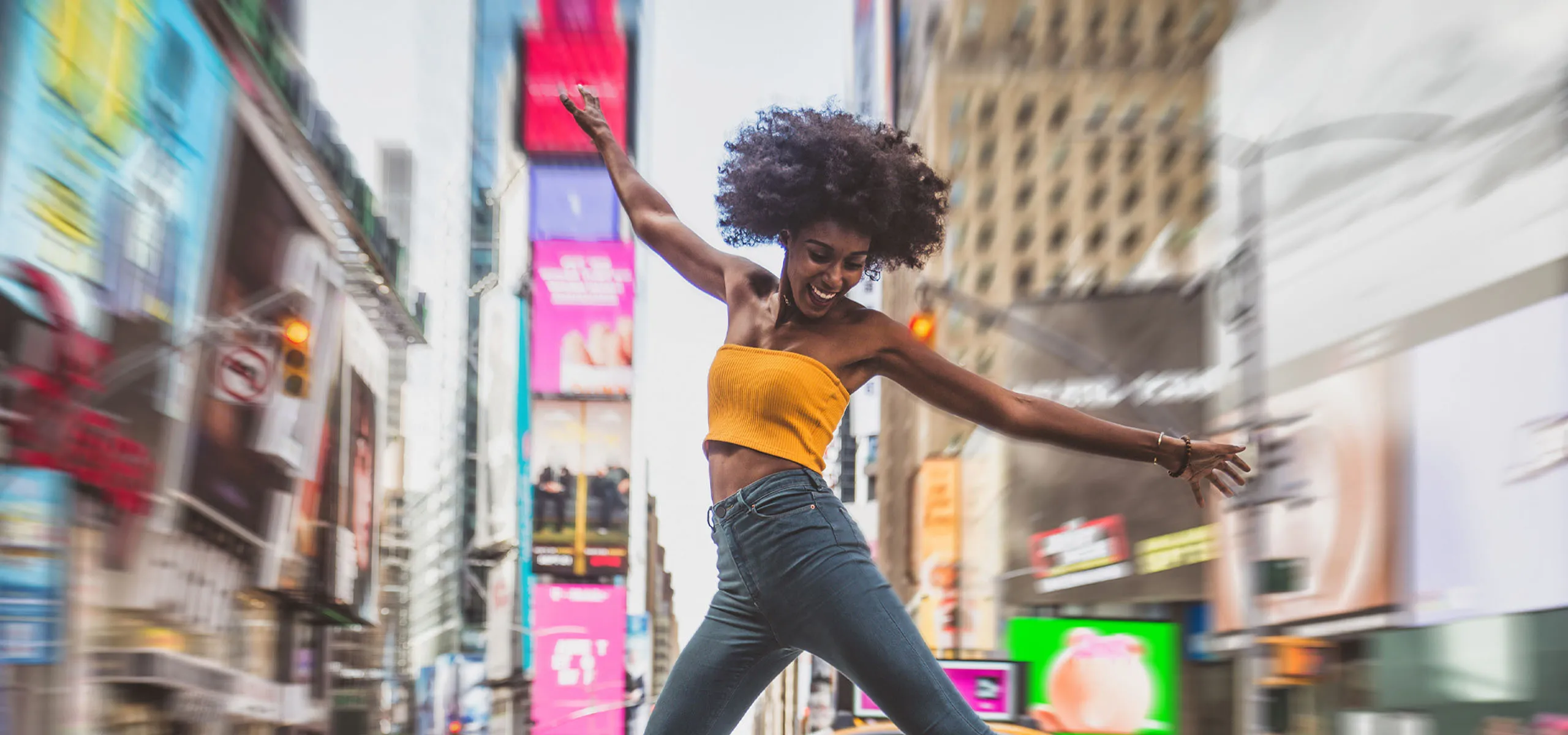Is ‘influencer’ really the best word to use?
By definition, an influencer entices their followers to purchase a particular product or service. But is ‘influencer’ really the best word to use? And how can brands benefit most from their support, especially during these tough times? We did our research to find out.
Numerous brands are seeking to elevate their social media presence by enlisting the help of influencers. The assumption tends to be that influencer marketing can easily guarantee positive results when partnering with the most followed influencers, and by association automatically gaining an influx of new leads.
A few beautiful pictures and a cool giveaway should do the trick, right? Wrong. After months of research and insight-gathering from influencers themselves, as well as consideration of the changing marketing landscape during the global COVID-19 pandemic, we very confidently disagree.
Why ‘content creator’ and not ‘influencer’?
In 2018, Irish online personality Riyadh Khalaf publicly encouraged fellow influencers to use the term ‘content creator’, particularly when collaborating with brands. This initiated a wave of change in the UK whereby influencers, or rather content creators, started being taken more seriously by brands.
An improved sense of respect and appreciation from both businesses and the general public increasingly encouraged creators to use their platforms for engaging storytelling and to incite positive social change.
BRND WGN would like to do the same, encouraging brands and marketers to view influencers more as content creators. In a world where so much social media content is always available for consumption, especially now while everyone is at home, we want to connect brands and content creators who can develop an impactful narrative.
This is how we can improve the way we all look at ‘influencers’, help them create more meaningful content and benefit most from what they bring to the table. And this is also why throughout the rest of this article, influencers will be referred to by BRND WGN as content creators.
What is there to address?
The typical consumer tends to view online creators solely as ‘Instagram models’ whose main objective is to sell to their impressionable followers whatever is handed to them for free by sponsors.
Although this might be true in some cases, many creators successfully inspire thousands (if not millions) of people worldwide, whether it’s through posting their creative portfolios, raising awareness about important social issues, or engaging in meaningful collaborations with brands they genuinely love. So what’s their secret?
Content creators with a lasting impact don’t prioritise income or fame. If they have a strong vision driving their social media journey, informing their actions and adding meaning to the content they produce, followers become fully engaged because the creator embodies a purpose they can believe in. When someone is able to relate to a creator from what they see on social media, they start looking up to them for daily inspiration.
Collaborating with brands is an effective way for content creators to make a living. Yet it’s essential for content emerging from a brand partnership to seamlessly connect with the rest of the content the creator is already putting out. It must be true to what they stand for - as creative professionals and as human beings. This is what establishes the creator as a source of trust, and thus makes their audience more receptive to brand-related recommendations.
Identify the content creators who are the right fit for your brand and let them do what they do best — create.
What do Maltese content creators think?
As a crucial part of our research, which started back in July 2019, we spoke to 14 different Malta-based online content creators who work with both international and local brands.
Although we had populated a strong database of hundreds of local creators, which is still updated constantly, we wanted to personally engage a diverse handful of them to provide us with truthful insight into what it means to be an online content creator based in the Maltese islands.
In a number of focus group sessions at the BRND WGN offices, the creators got to openly share their experiences and concerns with us, whilst also interacting with each other in a way they would rarely be able to during brand launches and other similar networking events.
Through very transparent discussions and productive group brainstorming, we wanted to find out what these creative, but perhaps at times misunderstood, individuals struggle with on a daily basis, what gives them the most satisfaction, and what they expect from brands. These were the commonalities that stood out from their answers:
- Very few feel comfortable calling themselves ‘influencers’
- Genuine storytelling is a must
- Positive encounters with followers are the most rewarding result
- Collaborations are successful when brands respect influencers as content creators rather than popular figures with big numbers
- Apart from constant communication and clear conditions, creators seek brands that truly match their values, style and passions.
By involving a diversity of creators throughout the whole research process, we were also able to address any shortcomings that could emerge in the relationship between a brand and a content creator.
Our improved understanding of the wants and needs of creators through these focus group sessions, accompanied by our own experiences with an array of brands, helped us empathise with both sides and develop a process beneficial to both.
But why work with them now, during this pandemic?
As of March 2020, when everyone started working remotely and social distancing, we reached out to the same content creators we had engaged during our research months prior to see how they too have been impacted by the effects of COVID-19.
Most of the creators said that all their brand collaborations were completely put on hold until further notice, or became limited solely to promoting the brands’ online shopping and delivery services. This was quite disheartening to hear, seeing as brands could definitely benefit from such collaborations even more so during these tough times.
Why? For two reasons:
- Social media use is currently sky high, with more people spending time on their phones craving social interaction, albeit digitally, observing what everyone else is doing.
- Most creators now have more time available to focus on the content they want to produce for their social platforms, meaning more time for creative thinking and timely content creation.
Content creators need brands to support them now more than ever before. If your brand manages to capture and maintain a good relationship with creators in the midst of this global pandemic, there’s a huge chance they will remain a huge asset to your brand’s marketing endeavours once normality somewhat ensues.
Our final recommendation
Identify the content creators who are the right fit for your brand and let them do what they do best — create.
In future articles, we will be explaining in further detail BRND WGN’s vision and process in addressing collaborations between brands and content creators from now onwards. If you’d like to know more about this in advance, do not hesitate to get in touch!
Більше статей
Показати більше

Step by Step Guide to Protect Your Social Media Accounts
Always a hot topic, the hacking conversation begins again. Phishing scams and imposter accounts are on the rise, but this time the threat feels much closer to home.


